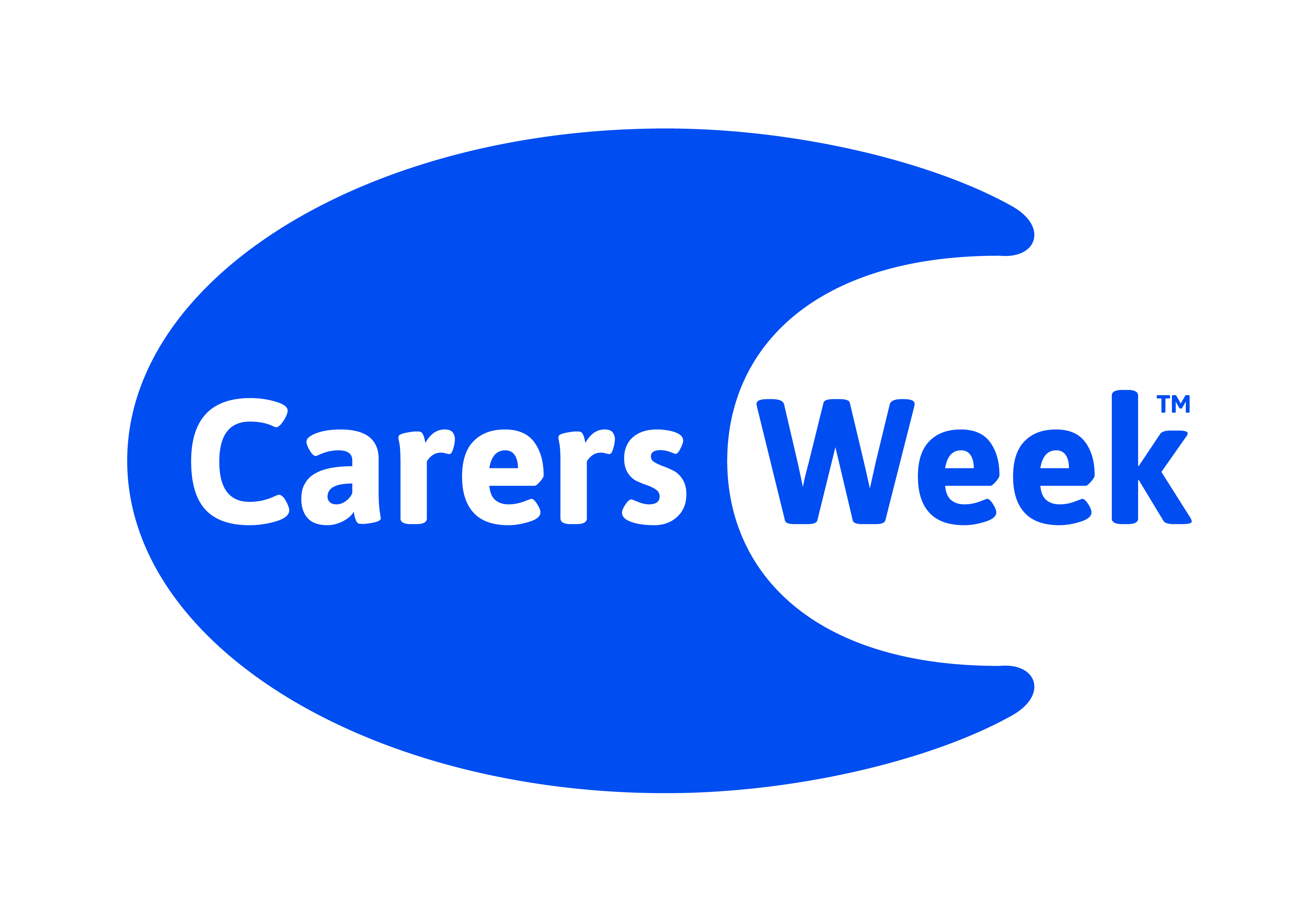
Carers Week (7-13 June) is an annual campaign to raise awareness of caring, highlight the challenges unpaid carers face and recognise the contribution they make to families and communities throughout the UK.
The Council can offer support to carers and can also assist in signposting them to further information or advice to support their wellbeing. The following case studies give examples of how the Council and partners work to ensure carers feel supported in this important role.
Case study – Mrs A
Mrs A was referred from the Crisis Team at The Dales at Calderdale Royal Hospital to the Mental Health Carers Support Service. She has been caring for her husband who is diagnosed with both schizophrenia and depression for 18 years. She was feeling emotionally and socially isolated, so therefore needed advice and support. As English is not her first language, she was matched with the bilingual carers support worker who also speaks Urdu and Punjabi.
Several home visits followed which gave Mrs A chance to offload and share her feelings and concerns about her caring role. She shared that she was feeling stressed, helpless and very secluded from the outside world which was leaving her physically and emotionally drained.
As Mrs A was not a fluent English speaker and could not read or write well she found it hard to contact services to request help, which was making her more isolated. So she was referred to Halifax Enterprise Centre for an ESOL English class and the carers support worker offered to go with her to the first session for moral support.
Mrs A was also signposted to the Carers Support Group which was held both at The Dales and The Laura Mitchell Centre (currently online). Here she can directly liaise with staff from the Crisis Team and also receive more information on her partner’s condition to aid her understanding.
The Carers Support Worker also arranged for Mrs A to sit in on the meetings when the CPN visits to monitor her husband’s medication and mental well-being, so that she is more included with what is going on in his Care Plan and also any changes which may affect her in her caring role.
As the carer said that she had become very lonely and felt totally isolated, the worker informed her about the ‘SUKOON’ group which consists of BAME women in the community, and therefore it would be easier for her to connect with other carers who may be carrying out comparable caring roles. She now attends sessions regularly (currently online) and has made friends in the group which has increased her confidence and reduced her social isolation. She feels more connected with the outside world and is feeling happier in herself.
Case study – B
B was referred to Calderdale Carers by the Palliative Care Social Work Team in January as she was caring for her mother who has a life limiting condition. Because of the current pandemic, B had moved in with her mum to reduce the risk of exposing her to the Covid-19 virus. Her mum had not been vaccinated as she was not deemed well enough and B was not yet on the priority list for vaccination.
B was finding it very difficult to get support as a carer, but also support for her mum. Many organisations were remote working and she found it time consuming and frustrating to try and source the information and support they needed.
The outreach team contacted her to discuss about what support they could offer both now and in the future. B agreed that a Carers Needs Assessment may be useful in order to identify just what she was struggling with. She was working part-time as well as caring for her mum and trying to manage her own home and said she was floundering. A discussion was had about care services taking on some of the load, understandably B was concerned that external carers could expose mum to the virus, so was reluctant at this stage to proceed with this. The Carers Needs Assessment would be a step towards accessing support once she was ready to accept it, so this was completed over video call, arranged at a time to suit the carer, which was when her mum would have her late afternoon nap.
Later that week the service received notification that unpaid carers registered with them could access the Covid-19 vaccination so B was sent details and successfully booked an appointment.
As B had decided to take unpaid leave to care for her mum, an application was made for Carers Allowance for her, which would give her a very small income and a National Insurance credit. Her mother’s benefit situation was also checked and as she was receiving lower rate Attendance Allowance, a review to increase this was applied for which was successful.
B had contacted the Macmillan advice line and was receiving some support from them. She also agreed that she would like to take part in the virtual support groups that the carers service offer.
B received several calls over the next few months to check on her wellbeing and any progress made with the issues she had highlighted.
-
She had received her first Covid-19 vaccination and had an appointment for her second booked.
-
Her mum had now been vaccinated, giving them a little more confidence to allow carers in.
-
The palliative care social work team arranged for carers to help bathe mum which B was finding difficult. There was potential for a care package to be increased as and when they wished to take it up.
